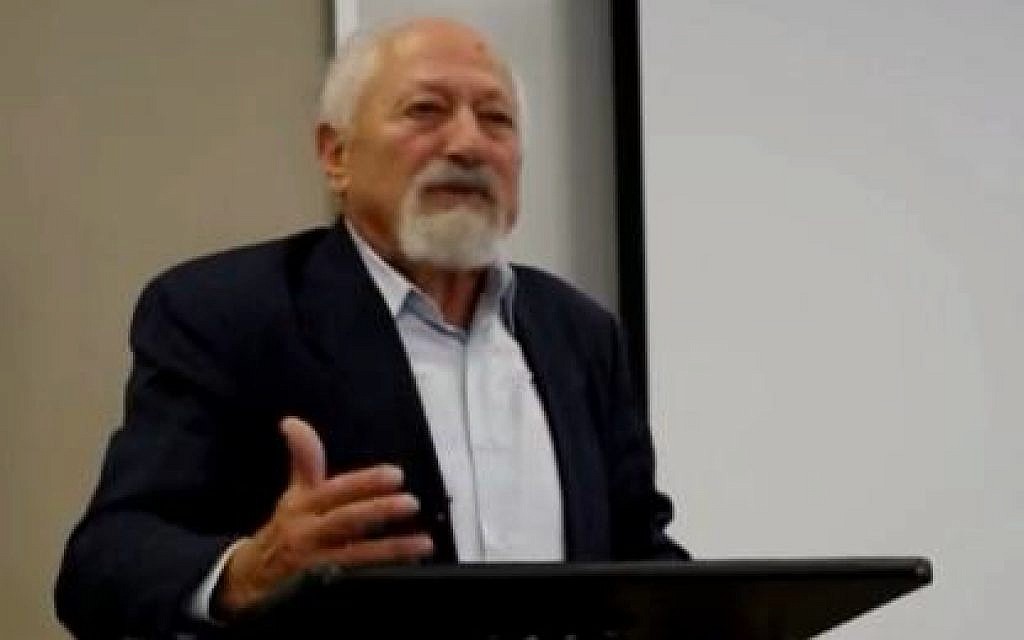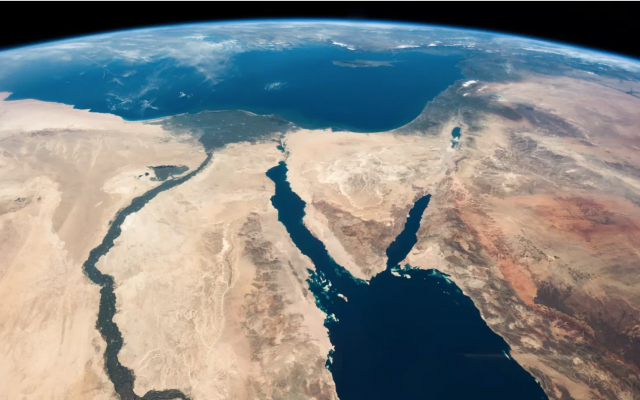Israel Moving Toward a New Relationship with Arab World
Israel and the Middle East are facing a radically altered landscape and many of the old political notions no longer apply, according to Dr. Asher Susser.
Israel and the Middle East are facing a radically altered landscape and many of the old political notions no longer apply. That, essentially, was the message delivered by Dr. Asher Susser, a noted Israeli authority on the Middle East and professor emeritus of Tel Aviv University. He delivered the Haberman Lecture at Emory University’s Institute for the Study of Modern Israel Nov. 9, a day before its 20th anniversary celebration.
“The old Arab-Israeli conflict is over,” he said, citing the influence of the peace treaty between Egypt and Israel, which was signed in 1979. “Once Egypt made its peace with Israel, the Arab Israeli conflict was essentially over. The Arab states cannot go to war without Egypt,” he argues, “It’s impossible.”
Moreover, the relationship between Israel and many of the Arab states may never have been better. The reason, in part, is the rivalry between Sunni Islamic nations led by Saudi Arabia – who have been warming up to Israel – and Islam’s Shiites led by Iran, who have vowed to destroy Israel.
For Israel it means, to paraphrase the words of the old adage, that the enemy of my enemy might finally become my friend.

“Israel today has Arab allies,” Dr. Susser maintains. “Egypt, Jordan, Saudi Arabia and other countries in the Gulf now look to Israel as a powerful supporter in the confrontation with Iran.”
Prime Minister Benjamin Netanyahu believes that power underlies much of what happens in the present-day Middle East. In August, he told an audience that had gathered for the renaming of Israel’s nuclear reactor that military might is crucial today.
“In the Middle East, and in many parts of the world, there’s a simple truth,” Netanyahu said, “There’s no place for the weak. The weak collapse, get butchered, are erased from history. And the strong, for better or worse, are the ones who survive.”
Recently, the prime minister made an official visit to Oman, a neighbor of Saudi Arabia. Israel’s minister of culture and sport journeyed last month to the United Arab Emirates to attend a judo tournament, where Hatikvah was played during a medal ceremony Oct. 28. There are also persistent reports that Israeli businessmen have had serious discussions about participating in Saudi investment projects.
Small steps perhaps to some, but more support for the idea that the ground is moving in a new direction in the Middle East. It was an idea that was discussed by Middle East experts attending the 20th anniversary of Emory’s Israel Institute Nov. 10-11.
Dr. Jonathan Schanzer of the Foundation for Defense of Democracies, a Washington think tank, believes there is a new “regional architecture” that is evolving between Israel and its once-deadly neighbors.
The new relationship has, ironically, been helped along by the nuclear agreement in 2015 that was aggressively promoted by the Obama administration, according to Schanzer.
“One of the things that the Arab world realized is that, as they looked around, they didn’t see an ally in the United States that they thought was always going to be there. So, Israel became the best enemy they ever had, in the sense that Israel had no interest in attacking these far-flung states beyond their immediate border.”
“The Iran deal,” Schanzer pointed out, “scared the Israelis and the Arabs so much about the rise of Iran that they had no other choice than to come together”
Although it is still evolving and has a loose structure, this new regional alignment includes intelligence cooperation and quiet military and economic assistance between these formerly-hostile nations.
It has brought about a degree of cooperation and even coordination that Israel and many in the United States would have found hard to imagine just a few years ago.




comments